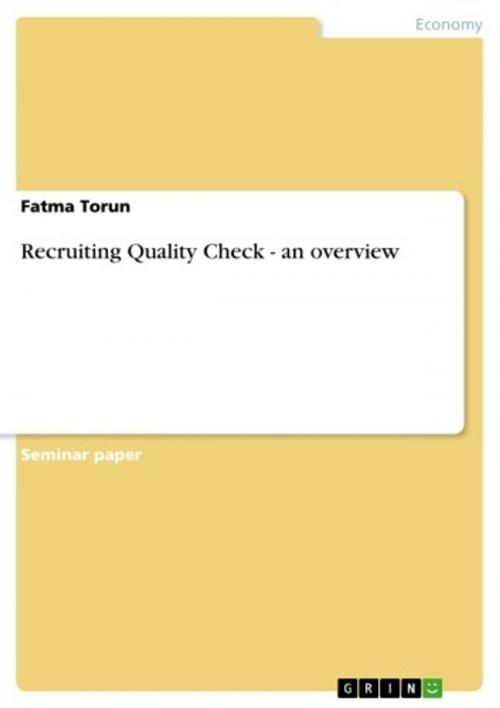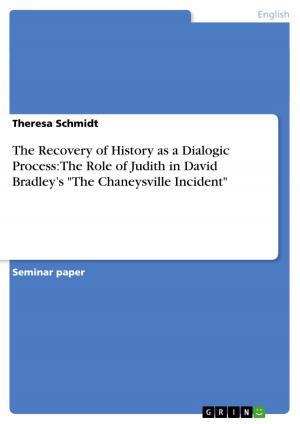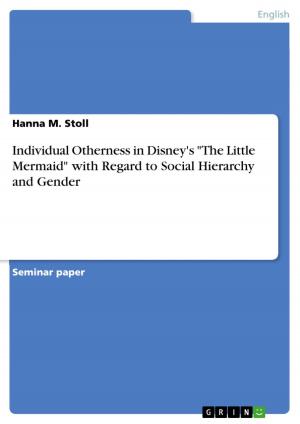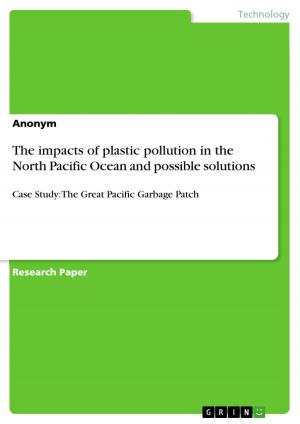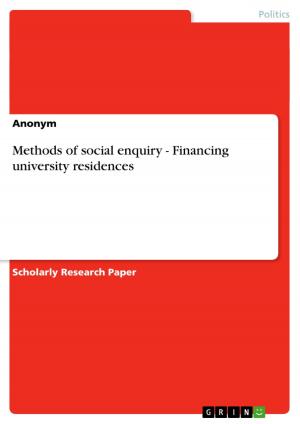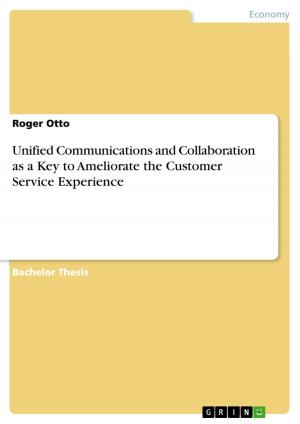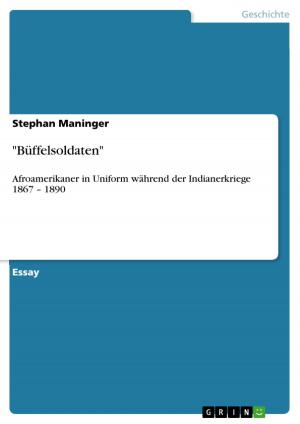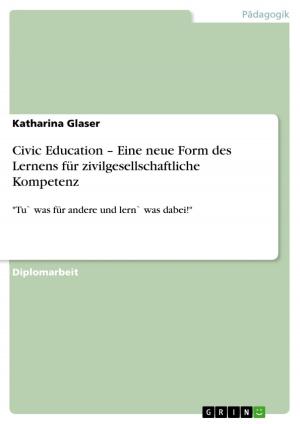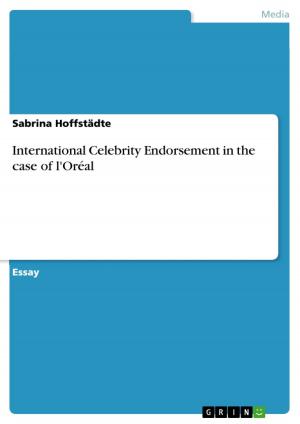Recruiting Quality Check - an overview
an overview
Business & Finance, Human Resources & Personnel Management| Author: | Fatma Torun | ISBN: | 9783638366151 |
| Publisher: | GRIN Publishing | Publication: | April 15, 2005 |
| Imprint: | GRIN Publishing | Language: | English |
| Author: | Fatma Torun |
| ISBN: | 9783638366151 |
| Publisher: | GRIN Publishing |
| Publication: | April 15, 2005 |
| Imprint: | GRIN Publishing |
| Language: | English |
Seminar paper from the year 2002 in the subject Business economics - Personnel and Organisation, grade: merit, European College of Business and Management (ECBM) London, 10 entries in the bibliography, language: English, abstract: Successful corporate leaders recognize that their competitive edge in today's market place is their people.1 People are the primary source of competitive advantage; recruiting and selection are core activities of Human Resource Management. In general, recruiting is a local process based on the global principles and standards, in view of the differences in business needs, organization, labour markets and legal requirements in each country. Recruiting should therefore reflect a company's position as an innovating force and as a leading company, which attracts candidates form a diverse background. Recruiting has to aligned with the corporate principles, be compatible with the organization's identity and position the company as the employer of choice offering outstanding opportunities to its employees. Successful recruiting contributes to meet the business needs by enabling a company to cover its requirements for qualified employees at all times. Results from benchmark studies have proven that Xxx has many opportunities to improve the recruiting process.2 Consequently, at the beginning of the year 2002 Xxx AG in Germany developed a model, called 'Recruiting Quality Check', which systematically displays all recruiting process phases and tasks, and offering the recruiting units the possibility to assess their own position for areas of strength and potential improvement. The assessment method is based on the European Federation of Quality Management (EFQM) model for measuring the quality of organizations and processes. It is a way of planning, organising and understanding each activity.3 Quality Management is a way of bringing everyone into the process of improvement and makes a strategic contribution to achievement of a company's competitiveness.4 This report will determine if Xxx Spain fulfils these standards, analyse the strengths and weaknesses of its recruitment activities. The assessment will show how Xxx Spain can optimally implement the recruiting process phases to obtain positive recruiting results. It is necessary to evaluate the standards, in order to guarantee the quality of recruiting activities. The goal is to determine the areas of improvement, giving recommendations, and to make Xxx Spain a first choice employer through excellent recruiting.
Seminar paper from the year 2002 in the subject Business economics - Personnel and Organisation, grade: merit, European College of Business and Management (ECBM) London, 10 entries in the bibliography, language: English, abstract: Successful corporate leaders recognize that their competitive edge in today's market place is their people.1 People are the primary source of competitive advantage; recruiting and selection are core activities of Human Resource Management. In general, recruiting is a local process based on the global principles and standards, in view of the differences in business needs, organization, labour markets and legal requirements in each country. Recruiting should therefore reflect a company's position as an innovating force and as a leading company, which attracts candidates form a diverse background. Recruiting has to aligned with the corporate principles, be compatible with the organization's identity and position the company as the employer of choice offering outstanding opportunities to its employees. Successful recruiting contributes to meet the business needs by enabling a company to cover its requirements for qualified employees at all times. Results from benchmark studies have proven that Xxx has many opportunities to improve the recruiting process.2 Consequently, at the beginning of the year 2002 Xxx AG in Germany developed a model, called 'Recruiting Quality Check', which systematically displays all recruiting process phases and tasks, and offering the recruiting units the possibility to assess their own position for areas of strength and potential improvement. The assessment method is based on the European Federation of Quality Management (EFQM) model for measuring the quality of organizations and processes. It is a way of planning, organising and understanding each activity.3 Quality Management is a way of bringing everyone into the process of improvement and makes a strategic contribution to achievement of a company's competitiveness.4 This report will determine if Xxx Spain fulfils these standards, analyse the strengths and weaknesses of its recruitment activities. The assessment will show how Xxx Spain can optimally implement the recruiting process phases to obtain positive recruiting results. It is necessary to evaluate the standards, in order to guarantee the quality of recruiting activities. The goal is to determine the areas of improvement, giving recommendations, and to make Xxx Spain a first choice employer through excellent recruiting.
